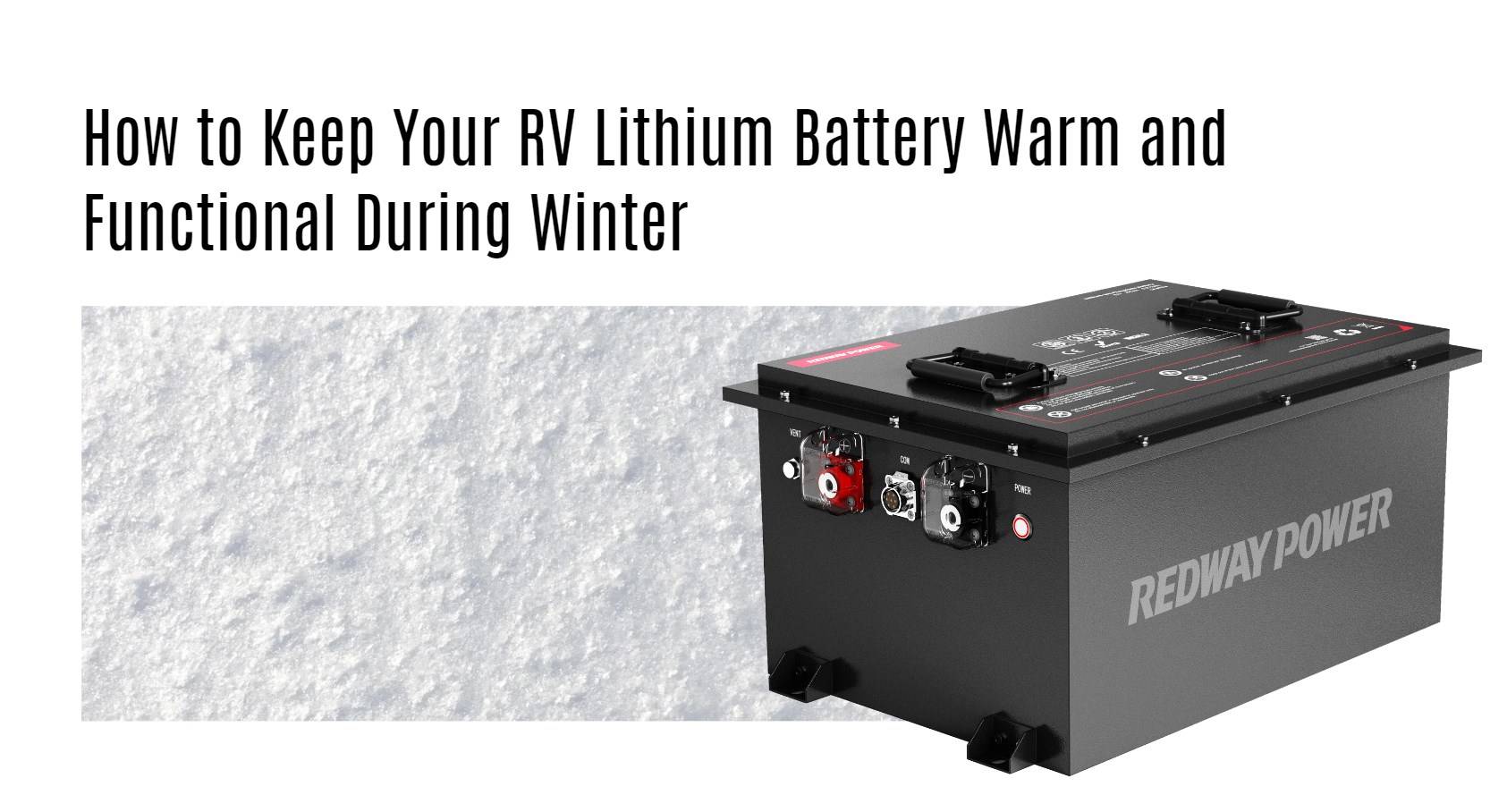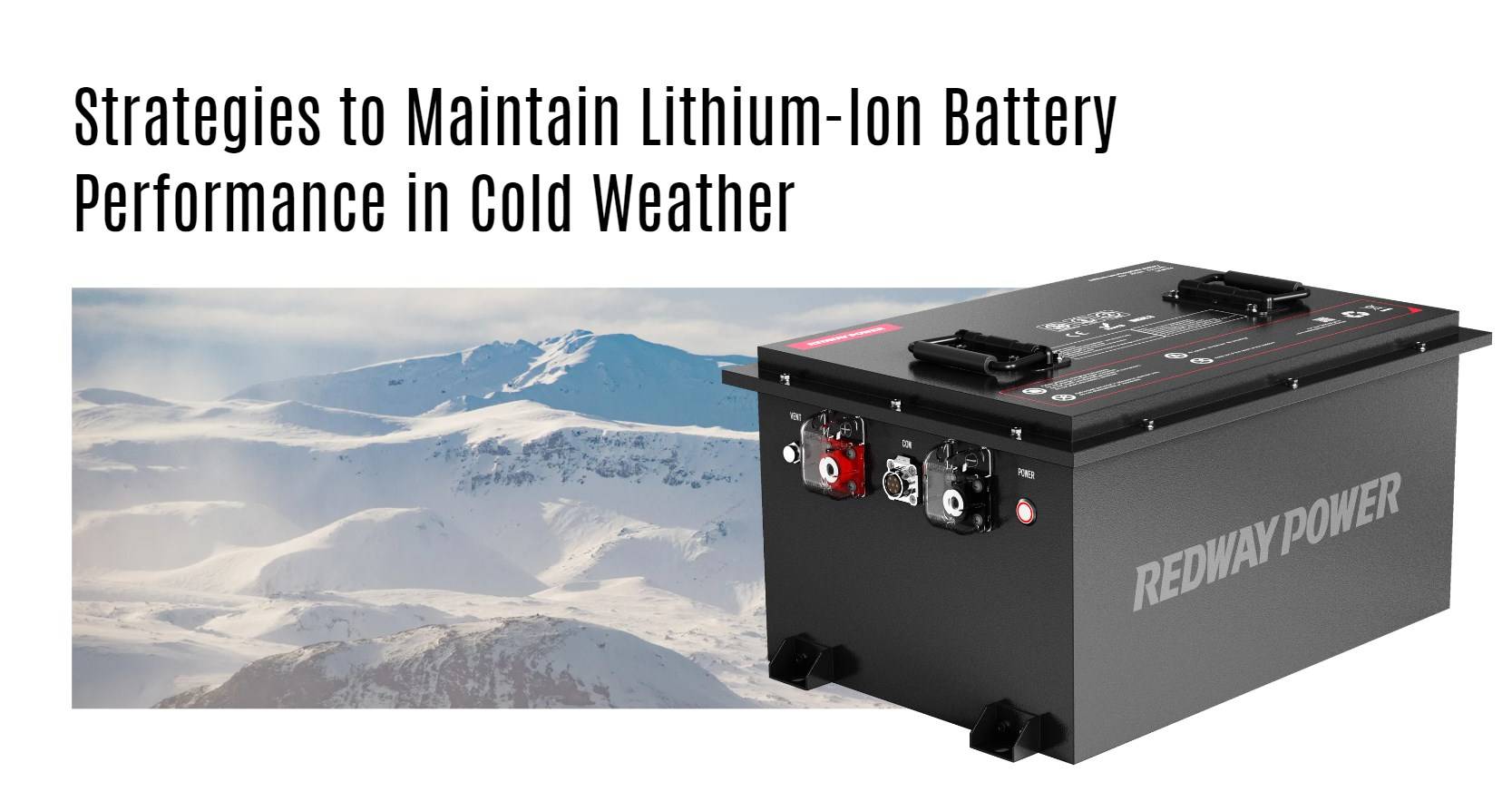Lithium-ion batteries have revolutionized portable power solutions with their high energy density and reliability. However, their performance can be significantly affected by cold weather conditions. In this article, we delve deep into the mechanisms behind these effects and explore effective strategies to mitigate them.
How Cold Weather Affects Lithium-Ion Batteries
Lithium-ion batteries operate on electrochemical principles where lithium ions move between the positive and negative electrodes during charge and discharge cycles. Cold temperatures slow down these processes, impacting the battery’s ability to deliver power effectively. This phenomenon is primarily due to the decreased conductivity of the electrolyte and reduced mobility of lithium ions within the cell.
Understanding Electrochemical Reactions in Cold Temperatures
At lower temperatures, the intercalation of lithium ions into the graphite anode becomes less efficient. This process involves the insertion and adsorption of lithium ions onto the electrode surface, which is hindered by decreased kinetic energy at colder temperatures. As a result, the battery’s capacity and discharge rate are diminished, leading to reduced overall performance.
Risks of Lithium Plating and Mechanical Instability
In extreme cold, another critical issue arises: lithium plating. This occurs when lithium ions accumulate on the anode’s surface without fully intercalating into the graphite structure. The formation of these metallic deposits can lead to internal short circuits, compromising the battery’s safety and longevity. Additionally, cold temperatures can make battery materials more brittle, increasing the risk of mechanical damage during use or charging.
Strategies to Maintain Lithium-Ion Battery Performance in Cold Weather
Given the challenges posed by cold weather, it is crucial to adopt proactive measures to ensure optimal battery performance:
1. Pre-Conditioning and Insulation
Before deployment in cold environments, pre-condition the batteries by keeping them at moderate temperatures and using insulation materials such as battery blankets or storage units. These solutions help retain heat generated during operation and minimize exposure to freezing temperatures.
2. Optimal Charging Practices
Avoid charging lithium-ion batteries at temperatures below freezing point to prevent irreversible damage. Opt for controlled charging methods within recommended temperature ranges (typically 0°C to 45°C) to maintain battery health and efficiency.
3. Utilization of Thermal Management Systems
Advanced lithium-ion batteries incorporate self-heating technologies that activate automatically in cold conditions. These systems ensure that the battery remains within optimal operating temperatures, enhancing performance and reliability even in sub-zero environments.
4. Selection of Cold-Resilient Battery Designs
Consider using lithium-ion batteries specifically engineered for cold weather applications. These batteries feature enhanced materials and designs, such as pouch cell technology, which better withstand temperature extremes and offer superior performance in cold climates.
5. Environmental Considerations and Long-Term Storage
Store lithium-ion batteries in environments with controlled temperatures to prevent degradation over time. Long-term exposure to cold can lead to irreversible capacity loss and reduced cycle life, emphasizing the importance of proper storage conditions.
Conclusion
In conclusion, while lithium-ion batteries are renowned for their efficiency and versatility, their performance in cold weather necessitates careful consideration of environmental factors and operational practices. By understanding the electrochemical processes at play and implementing effective mitigation strategies, users can maximize the longevity and reliability of lithium-ion batteries even under challenging climatic conditions.
For more insights into optimizing battery performance in diverse environments, explore our range of advanced lithium-ion solutions designed to excel in extreme cold. Contact us today to discover how our technology can elevate your applications.




